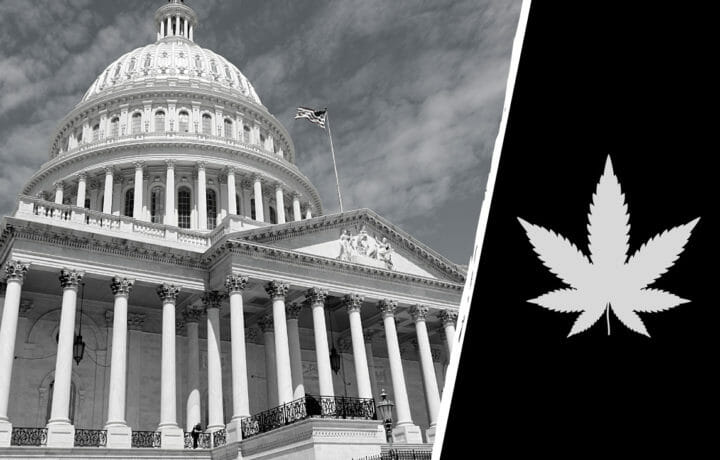The House is once again picking up legislation that would decriminalize marijuana use at the federal level. The Senate is expected to pick up its own legislation later this month, although it faces a more difficult path to implementation. What impact could changing drug policies have on government employees or contractors, and what are the policies today?
The House legislation has one specific line to address security clearances: “Federal agencies may not use past or present cannabis or marijuana use as criteria for granting, denying, or rescinding a security clearance,” the legislation states. Without listing suitability specifically, it’s unclear if agencies would be able to add their own policies, but it’s clear government employees should wait a beat before any legislation is passed before they head to their local dispensary.
HR 3617 passed the House earlier this month. It was the second time the Marijuana Opportunity Reinvestment and Expungement (MORE) Act had passed the House. Now legislation moves onto the Senate, where Sen. Chuck Schumer is promising to move marijuana legalization legislation forward, despite hurdles.
Marijuana for Federal Employees and Government Workers
Marijuana decriminalization would likely eliminate drug issues for clearance holders and applicants, as the drug use adjudicative guideline applies specifically to banned or controlled substances. But the issue always remains that just because drugs become legal at the federal level doesn’t necessarily eliminate their potential for being an employment issue. Despite the 37 states that have legalized marijuana for recreational or medicinal use, in most states it is still legal for employers to have their own drug policies.
Drug policies may be ever changing, but for security clearance holders and applicants, slow and steady is the name of the game. Despite changing public perception, the easiest path to federal employment or national security work is still the one with drug use in the rearview mirror.




